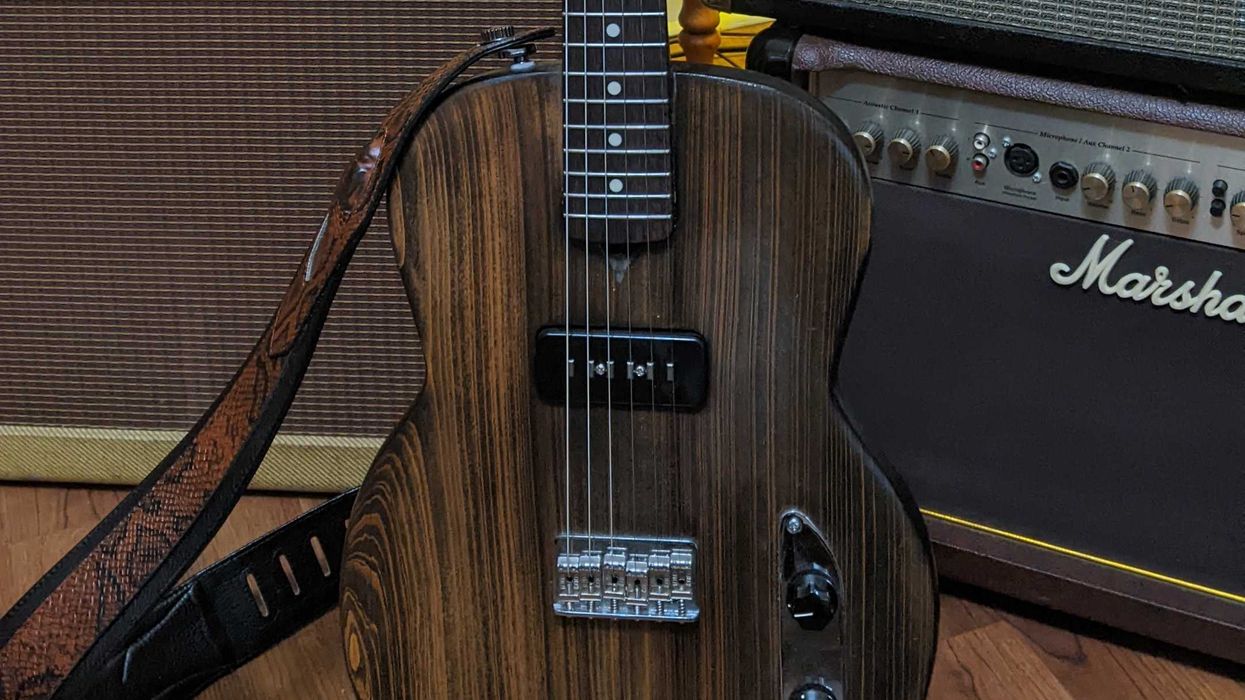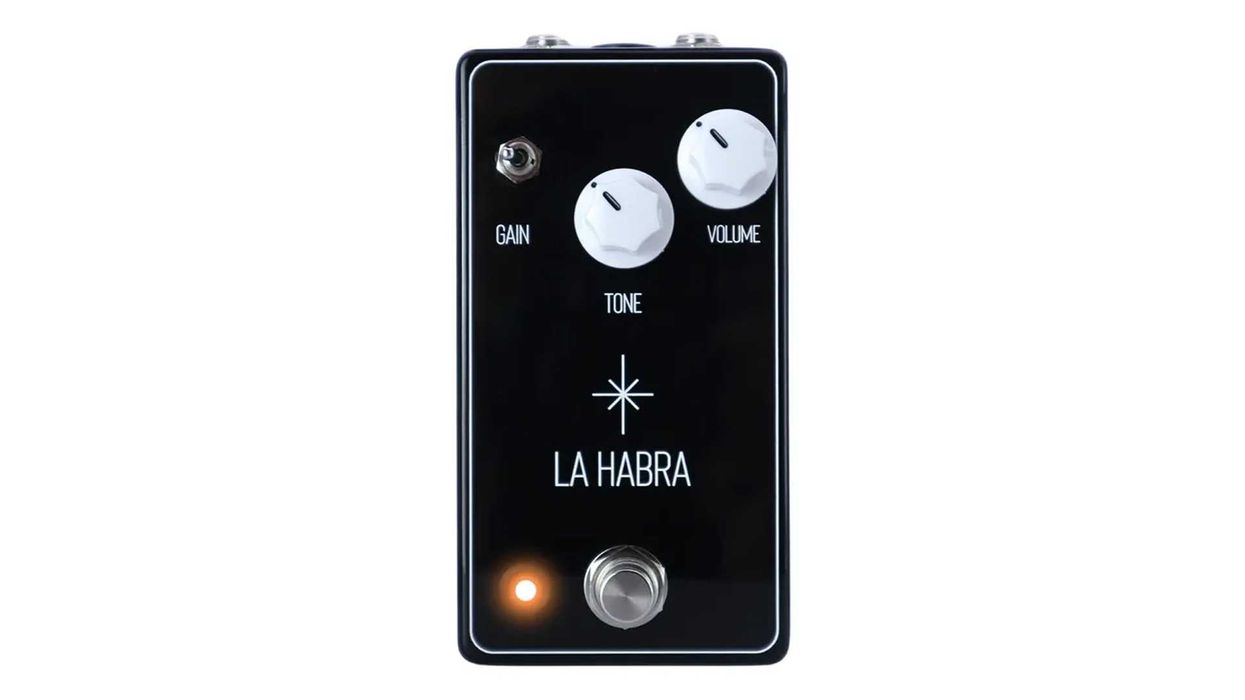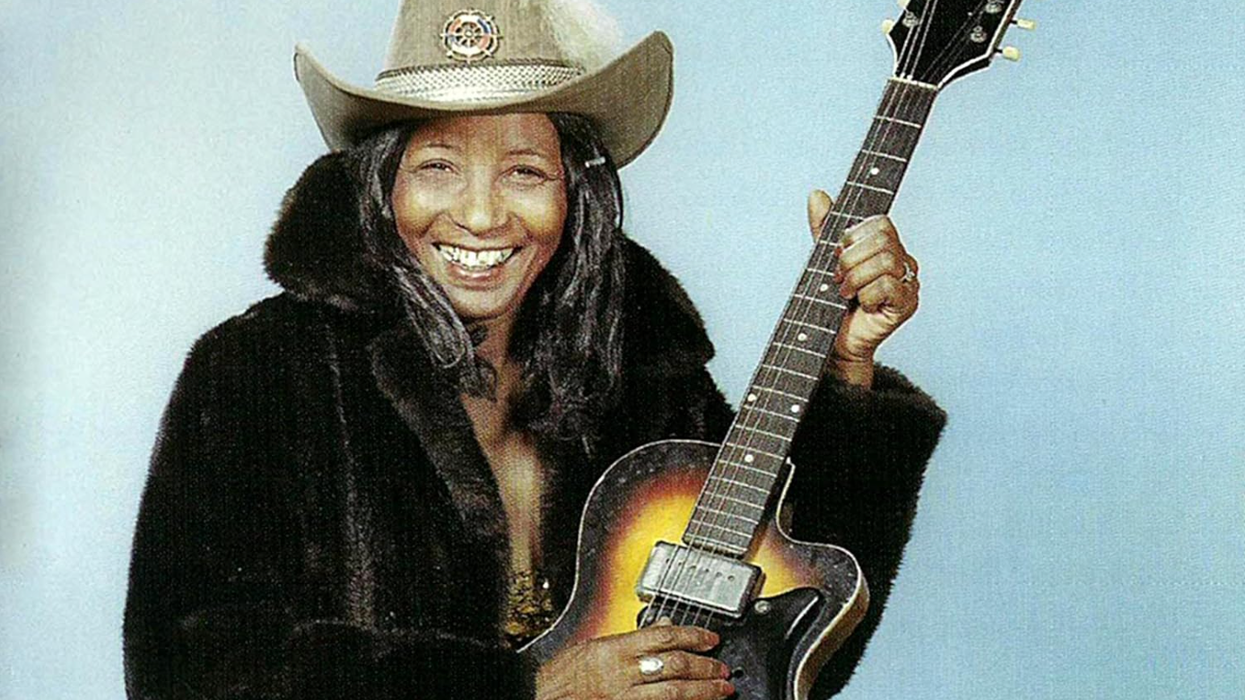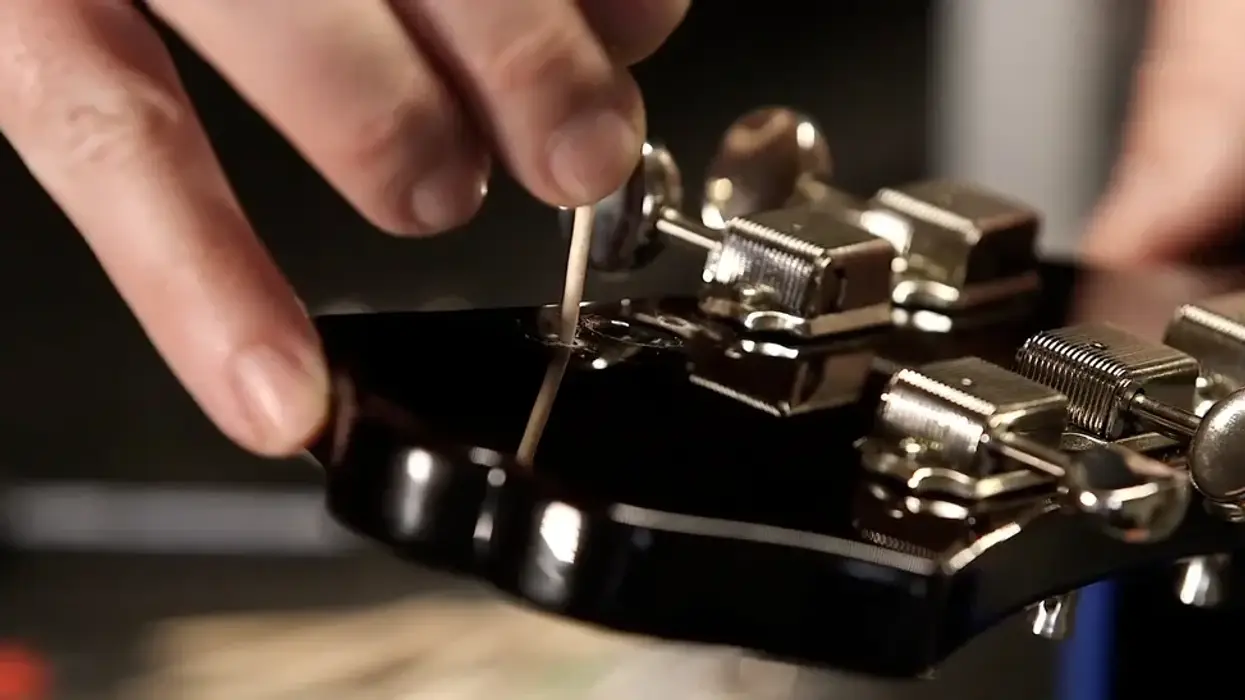A few years back I somehow got it into my head that I should try flatwound strings. I don't remember if it was because of something I read on a forum, or because a pal/mentor here at PG suggested giving them a try. There are all sorts of theories about so-and-so playing them on old rock 'n' roll records, classic country albums, and surf-rock gems. But I wasn't chasing the sound of any particular genre or player. I'd been playing for a long while, and simply thought I might as well see what flats are all about. So I picked up a set from one of guitardom's most ubiquitous brands, slapped 'em on my Jazzmaster, and … couldn't get the sumbitches off fast enough. My guitar sounded so dead I wouldn't have been surprised to look down and see grime and gunk weighing them down like power lines after a Midwestern ice storm. Considering the brand's stellar reputation, I thought it pretty rational to conclude flatwounds simply aren't my thing.
But as I've hinted at elsewhere, recently I've been experimenting with how to get the most … I don't know—Gretsch-i-ness?—out of my semi-hollow Broadkaster. To put a finer point on it, I've been trying to get a woodier, more Scotty Moore-eque sound out of it. Something akin to the thumping resonance on the intro riff to Elvis' "Don't Be Cruel." (Yeah, I know Moore didn't play a Gretsch, and his guitar was a full hollowbody. But something along those lines has been my mental reference point.)
Somewhere along my subsequent guitar-dork path—post-disappointing-flatwound experience of yore—I'd read in multiple places that you shouldn't judge the flatwound experience without trying a set from the brands aficionados swear by: Pyramid and Thomastik-Infeld. Compared to what most of us are used to spending on strings, both are kind of crazy expensive. But I figured one time wouldn't hurt, especially if it got me closer to Scotty's "Cruel" tones. Plus, over and over again, other players crowed about how Thomastiks and Pyramids last quite a bit longer than other strings, which would make the switch less painful on the pocketbook if I wanted to continue using them.
Thankfully, the less-paranoid part of my brain won out, because within seconds of plugging in my ears were grinning.
So I took a chance and ordered a set of Thomastik Jazz Swing sets. I'm not going to lie, though—I had a fairly serious case of buyer's remorse after clicking the BUY NOW button. If it turned out like my first flatwound fling, I might as well just flush 30 bucks straight down the crapper. I thought about returning them once they arrived in the mail a couple of days later. And even as I wound the upscale-looking red ends through my Gretsch's Gotohs, I had a sinking feeling. "Sure, I listen to some swing and jazz, but I'm not a jazz cat! What the hell am I doing?"
Thankfully, the less-paranoid part of my brain won out, because within seconds of plugging in, my ears were grinning. That woodiness was there, along with a purer, stronger fundamental tone—but also with lovely detail and life. "Dead" was not a descriptor anywhere in my head, nor on my lips. I could evoke fretless-like lines if I wanted … but fuzz freak-outs had a new, seething-under-the-surface ferocity, too.
Will I end up putting Thomastiks on more of my guitars? It's too early to tell, but I can tell you I am sooooo glad I took a chance on these. It's opened a whole new world of sounds for my own music—none of which is slavishly traditional or old-fashioned or even in a single genre "box." My friends, this is a sonic color you really ought to try if you haven't. Just make sure you don't dismiss it without trying the pricier stuff—in fact, you probably ought to just skip right to it. Happy tone hunting!
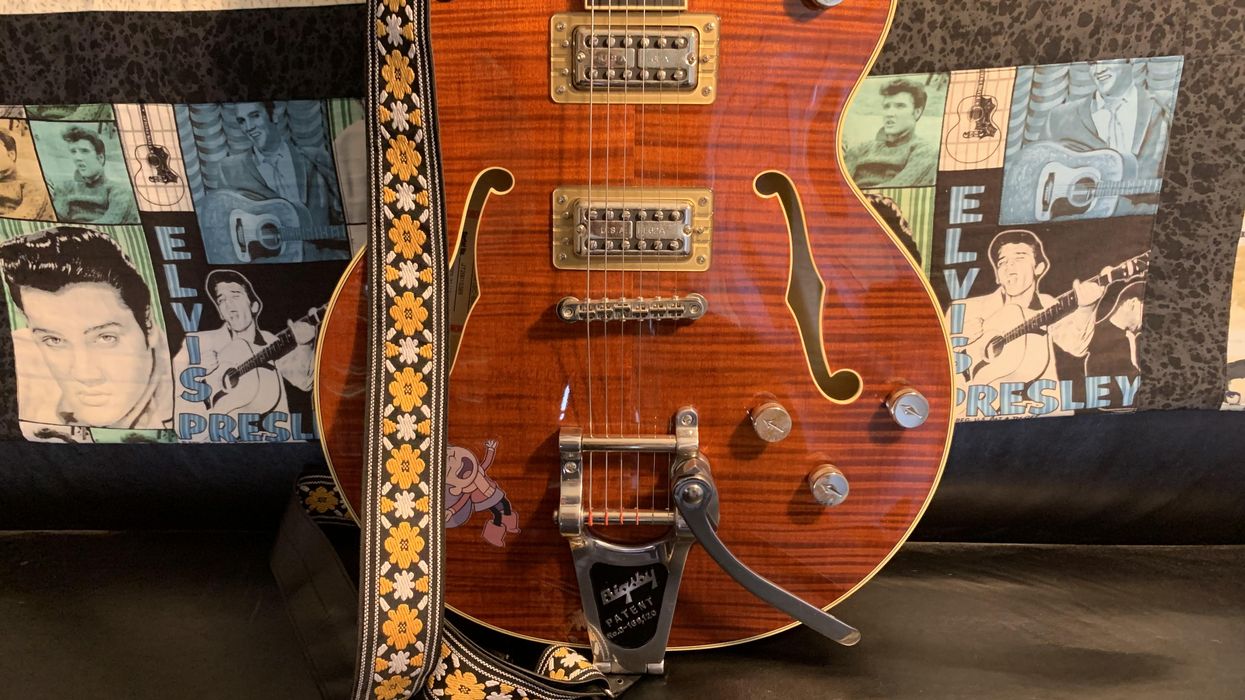



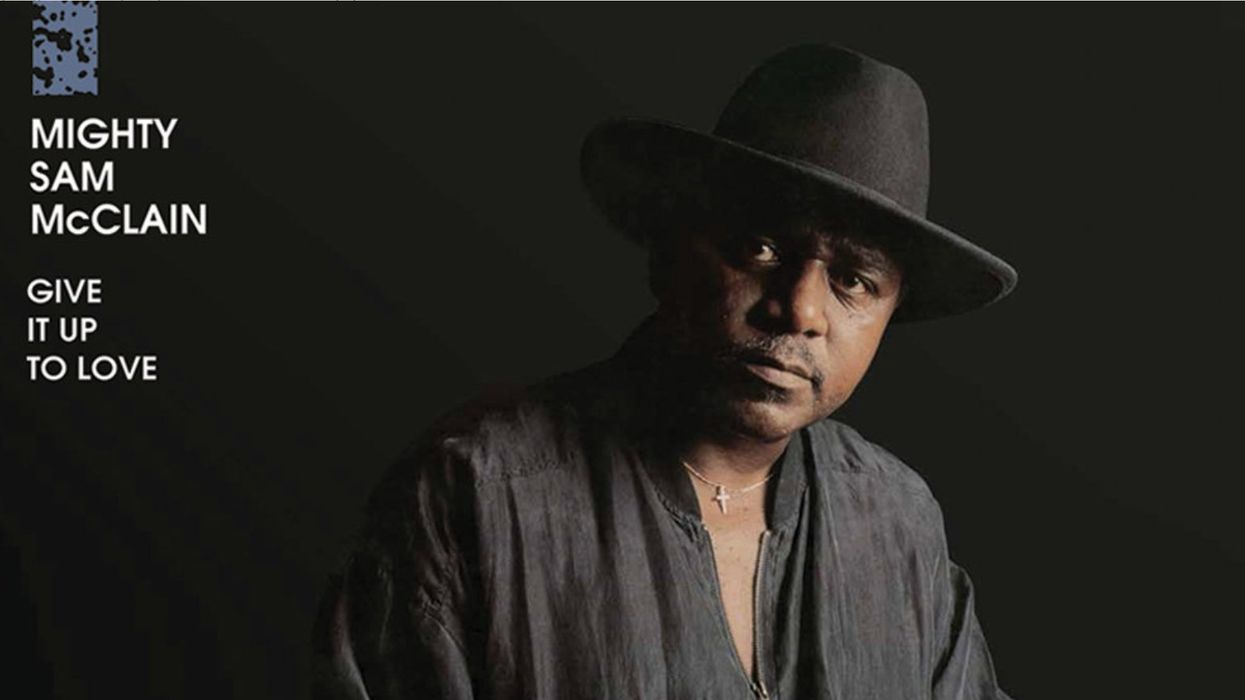

![Devon Eisenbarger [Katy Perry] Rig Rundown](https://www.premierguitar.com/media-library/youtube.jpg?id=61774583&width=1245&height=700&quality=70&coordinates=0%2C0%2C0%2C0)


